Universal Audio expands its high-end UAFX stompbox series with a trio of vintage guitar amp emulators
Is 2022 the year of the amp pedal? Universal Audio works its magic on the amp-in-a-box format and puts classic Vox and Fender sounds on your pedalboard
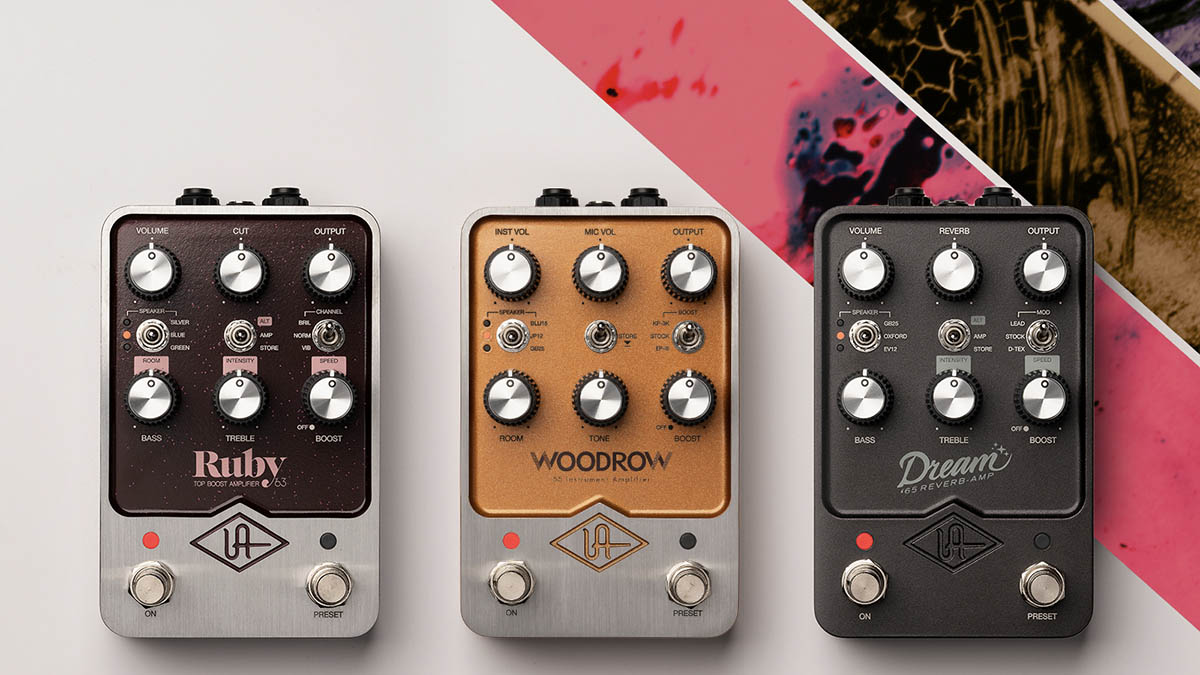
Want all the hottest music and gear news, reviews, deals, features and more, direct to your inbox? Sign up here.
You are now subscribed
Your newsletter sign-up was successful
Universal Audio has launched a trio of UAFX series guitar amp emulators inspired by vintage amps, offering classic sounds and contemporary features such as multiple speaker and cabinet pairings, presets, and yet more customisable options via the accompanying app.
Like all of the pedals in the UAFX series, the amp emulators use dual-engine processing and world-class UAD modelling to nail the tones.
The range comprises the Ruby ’63 Top Boost Amplifier, Dream ’65 Reverb Amplifier and the Woodrow ’55 Instrument Amplifier, with Universal Audio leaving little to the imagination as to which amplifiers inspired which pedal.
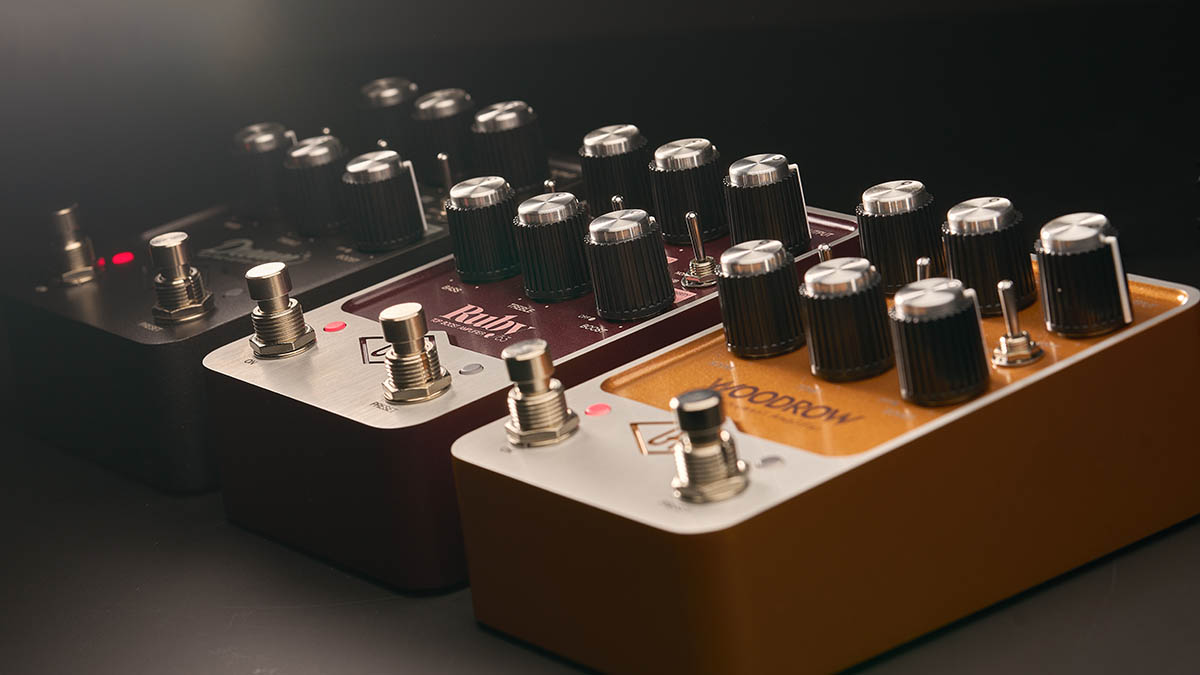
Those looking for a classic Fender narrow-panel Tweed Deluxe sound might want to audition the Woodrow ’55 first. It promises “sweet cleans and grungy distortion” and a complement of controls that elevate it beyond the typical amp-in-a-box pedal.
For users of the original amp that inspired it – players such as Neil Young, Chuck Berry and Eagles – there are some familiar controls, with knobs for Instrument Volume, Mic Volume, and Tone.
There is, however, an Output control, a switchable three-way boost with a Boost knob to dial in how much extra hot sauce you need. There are switchable speaker simulations, a preset toggle, and a Room control that makes use of some technology borrowed from Universal Audio’s Ox Amp Top Box to let you adjust the mic’d studio ambience when going direct.
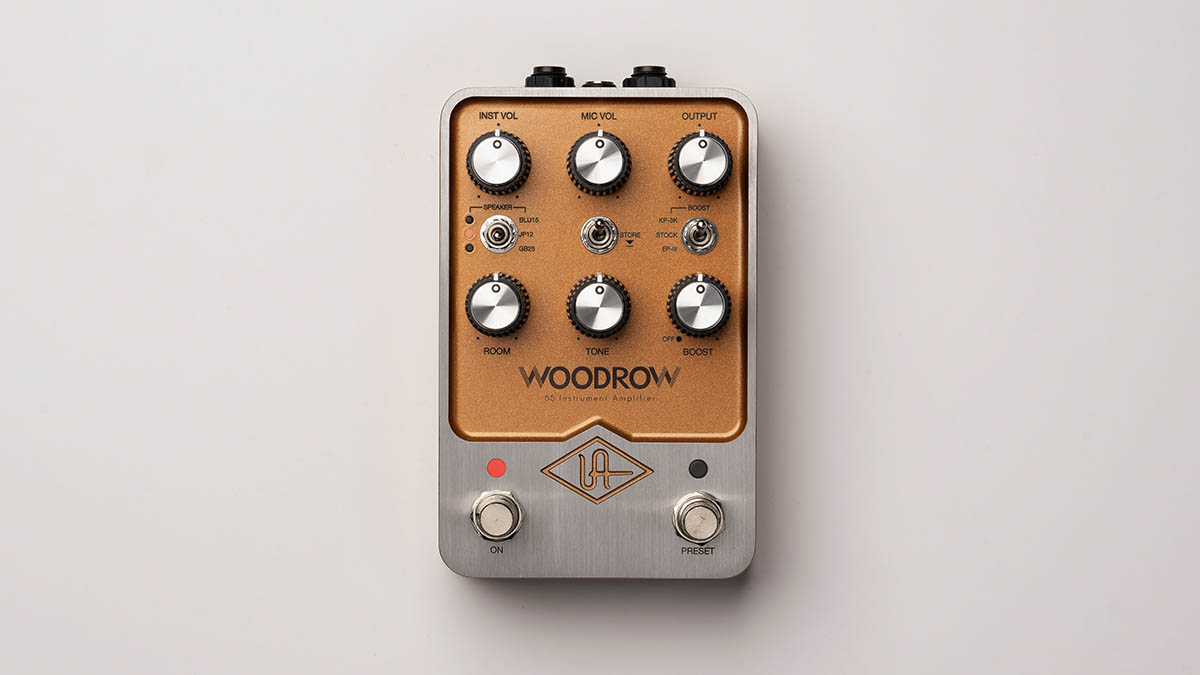
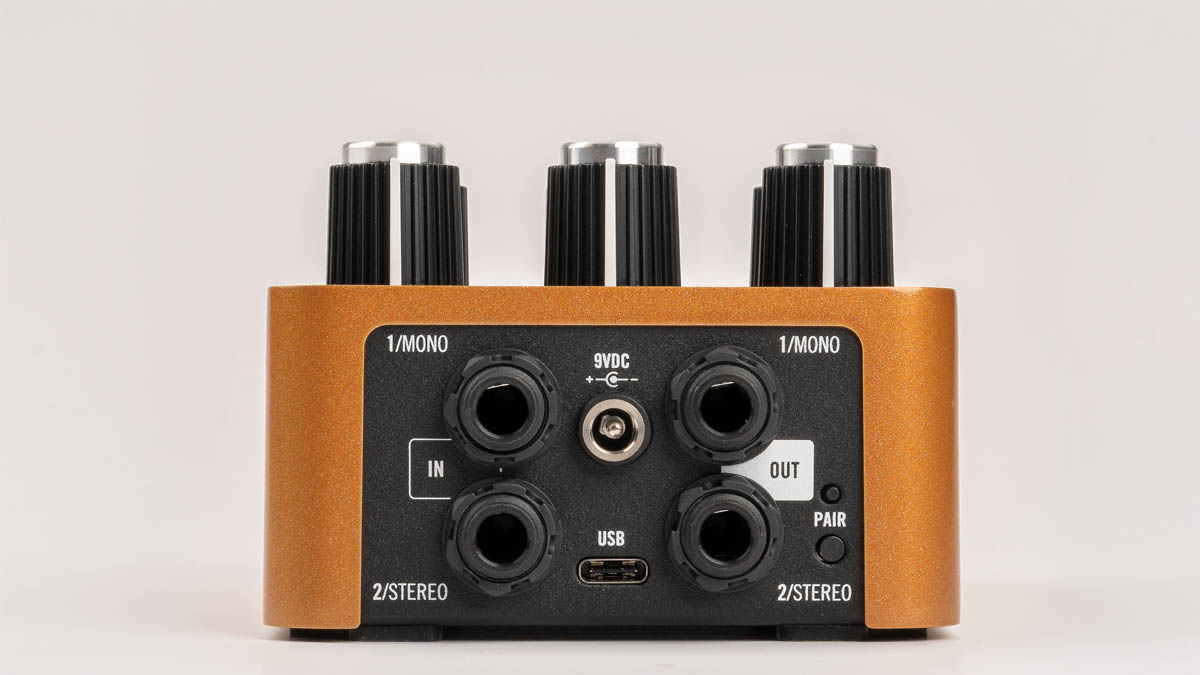
The Ruby ’63 Top Boost Amplifier, meanwhile, offers “chimey cleans, complex overdrive, and classic vibrato of the quintessential British valve amp beloved by artists from Queen to Radiohead to U2,” which should raise expectations that Universal Audio have captured the rambunctious magic of the AC30 in a pedal.
Want all the hottest music and gear news, reviews, deals, features and more, direct to your inbox? Sign up here.
It has controls for Volume, Cut and Output, Bass, Treble and Boost. The latter three have secondary functions depending on where the Channel toggle switch is set. When in vibrato mode Boost controls the speed of the effect while Treble controls the intensity.
The Bass control, meanwhile, also doubles as a Room control, and like the ’55 Woodrow, the Ruby ’63 offers a three-way toggle for speaker emulations.
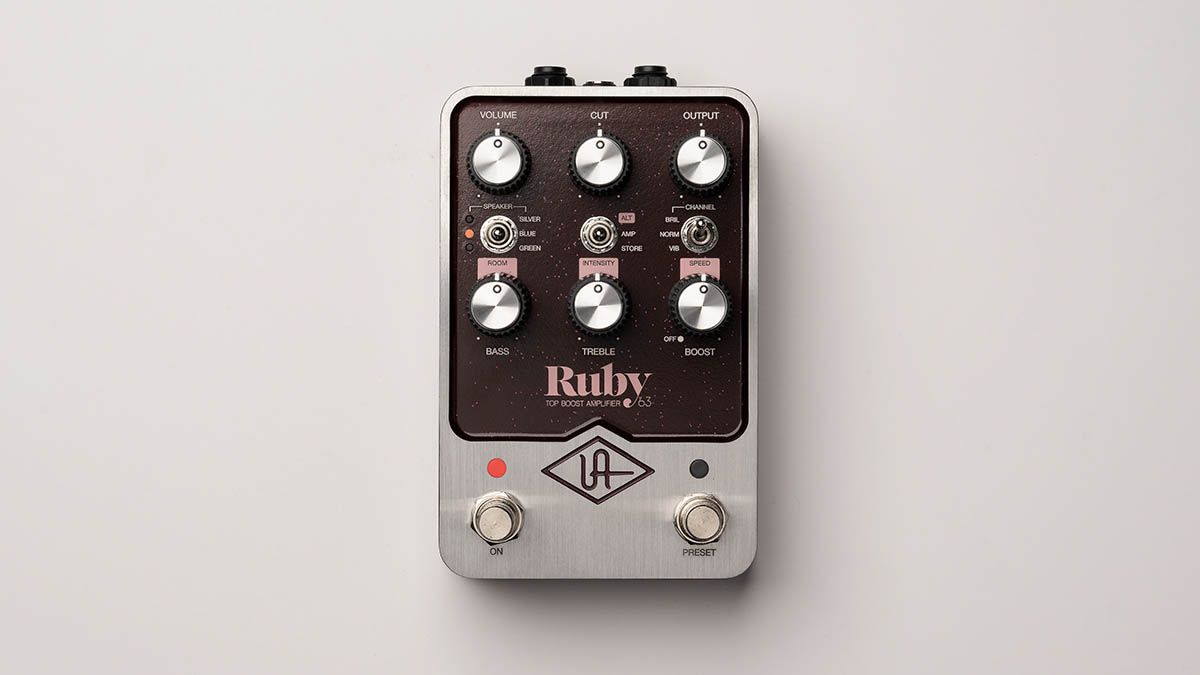
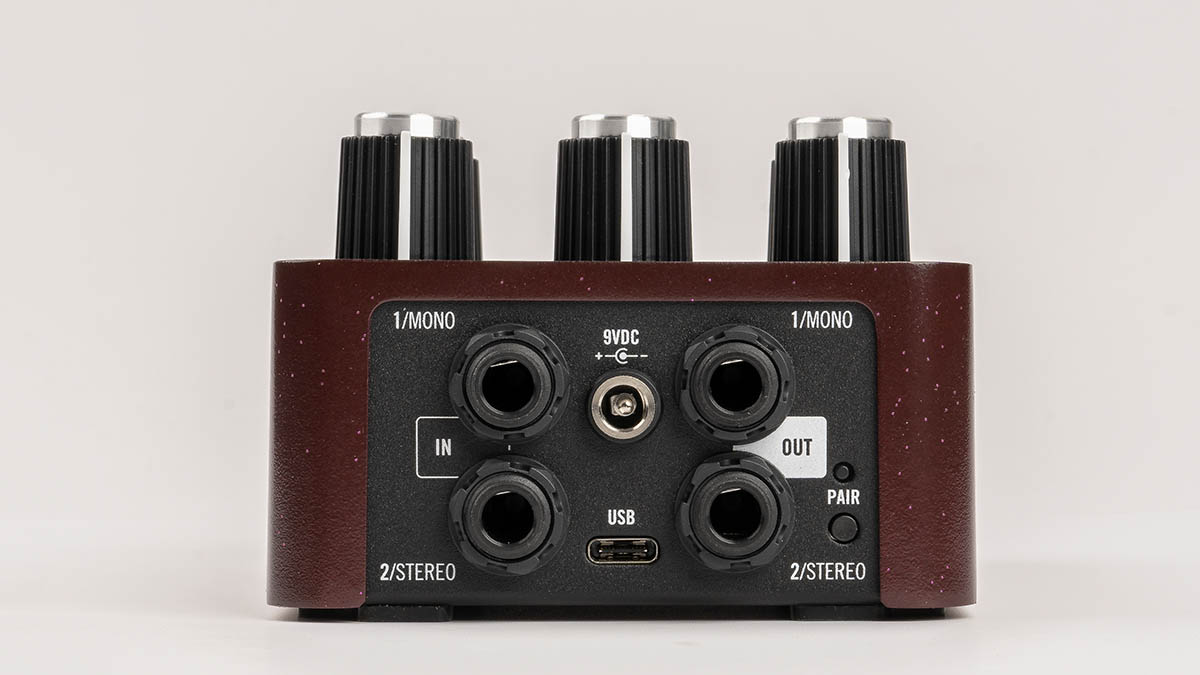
Finally, the Dream ’65 Reverb Amplifier is all about that Music Man 65 vibe. This is what Universal Audio describes as the “essential American tube amp”, promising “bold cleans, sweet breakup, and divine spring reverb and vibrato”.
The Dream ’65’s control setup is similar, with switchable speaker emulations and onboard vibrato and boost modes.
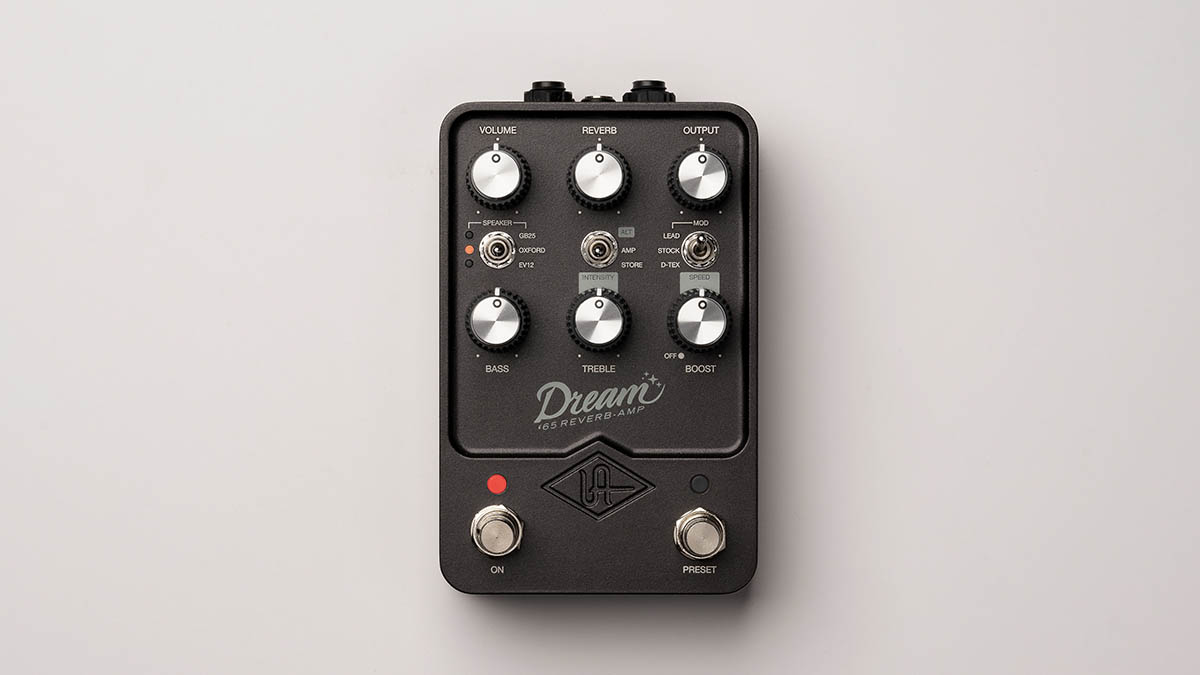
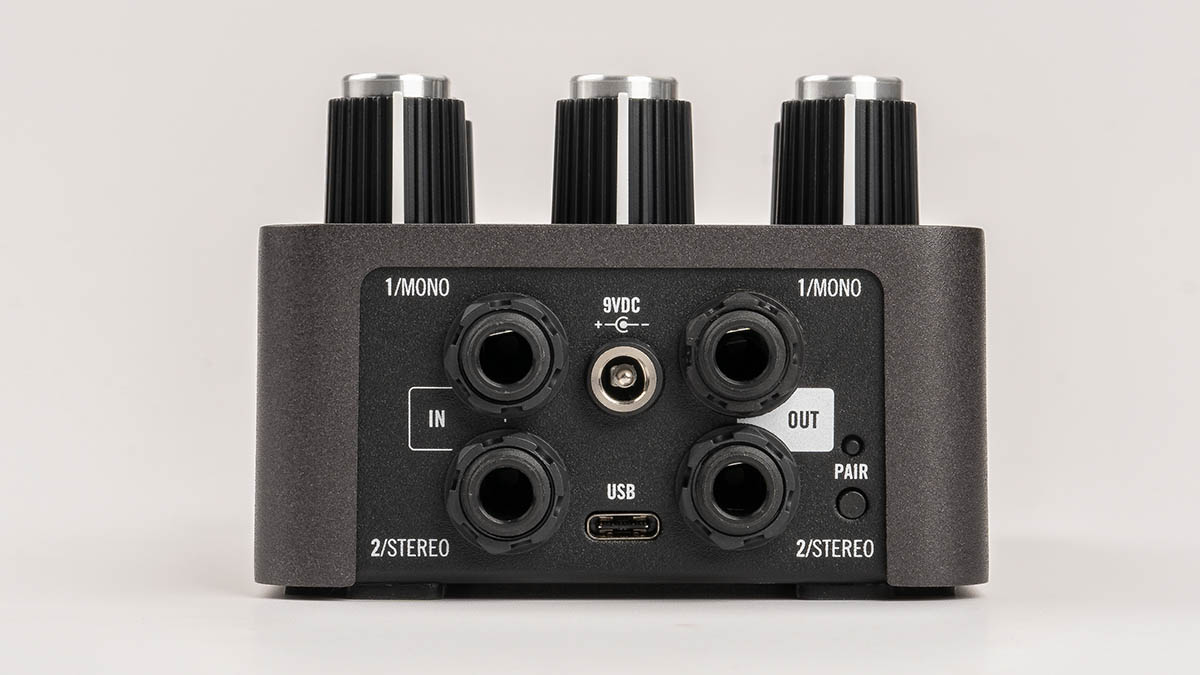
While these onboard controls offer a lot of tweaking possibilities, bringing the UAFX Control mobile app for iPhone and Android yields even more potential for tone chasing, allowing players to assign footswitches and save down presets for easy recall, and using these amp emulators to expand their rig with what is effectively another amplifier’s sounds.
The Universal Audio UAFX Guitar Amp Emulators are available now, each priced $399. See Universal Audio for more details.
Read more: Universal Audio UAFX Golden Reverberator, Starlight Echo Station and Astra Modulation Machine review
Jonathan Horsley has been writing about guitars and guitar culture since 2005, playing them since 1990, and regularly contributes to MusicRadar, Total Guitar and Guitar World. He uses Jazz III nylon picks, 10s during the week, 9s at the weekend, and shamefully still struggles with rhythm figure one of Van Halen’s Panama.
